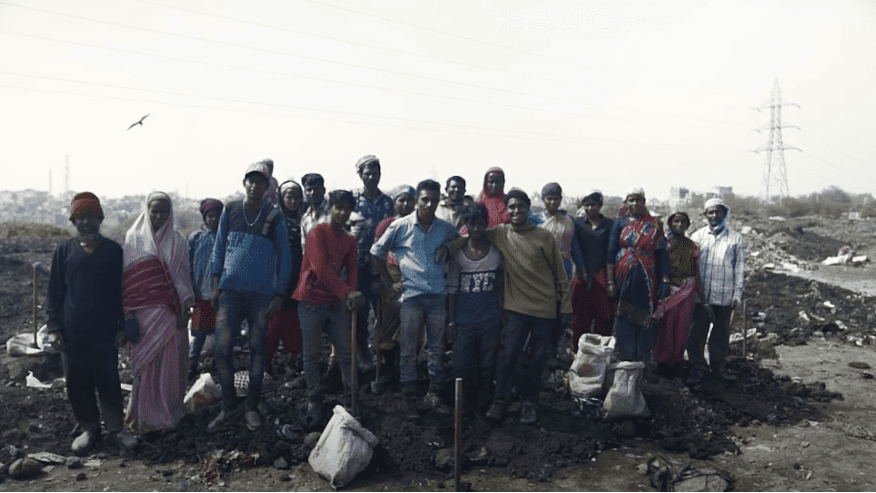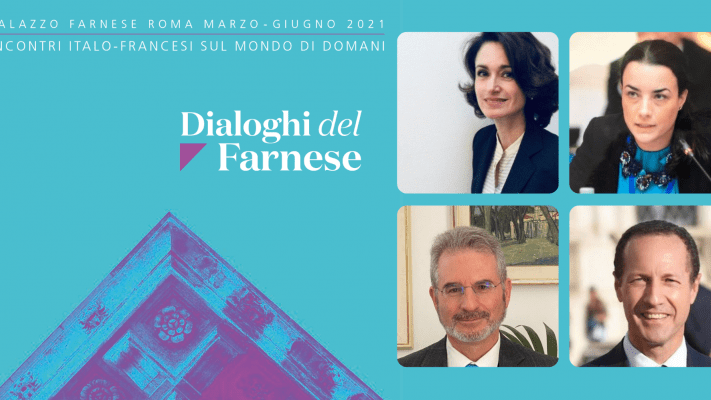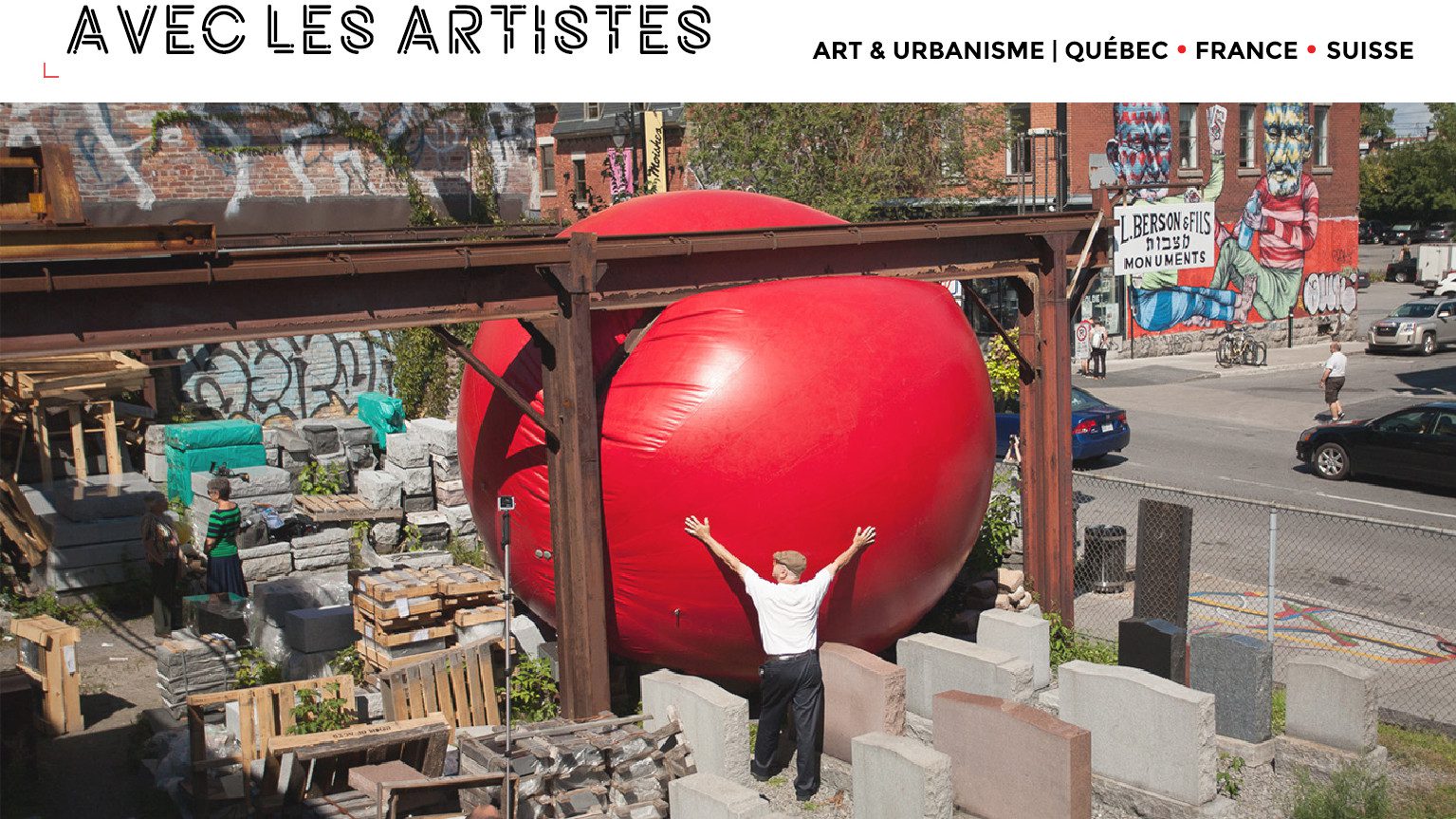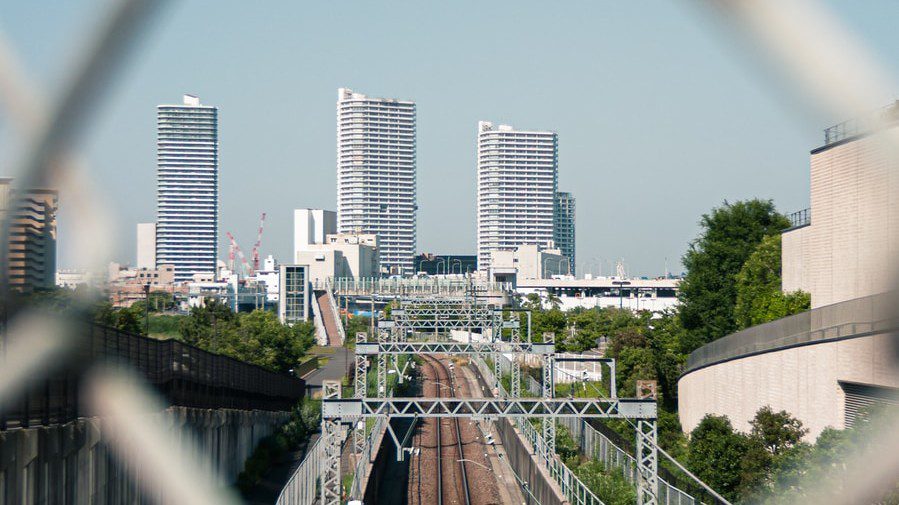The Night of Ideas in the Philippines brought together stakeholders involved in the development of a bicycle culture to reflect on possible improvements to make this soft and active mobility a widely adopted means of transport.
All over the world, cities are seeking to reduce the use of cars in order to limit greenhouse gas emissions and their effects on air pollution. In order to achieve this, soft and active mobility (cycling, scootering, rollerblading, walking) are encouraged, as they have a beneficial effect on the environment and people's health. In the context of the containment of populations as a result of the global health crisis, public transport systems have been restricted, forcing users to resort to other forms of mobility.
Manila, the capital of the Philippines, is a sprawling city that is heavily affected by air pollution. Its inhabitants, municipalities and private actors are struggling to cope with the urban challenges it faces: flooding, waste management, pollution, noise pollution, continuous traffic congestion, etc. In a country where 88% of the population does not own a private vehicle, the inhabitants of the urban centres have recourse to bicycles for their daily travel.
Could encouraging cycling as a popular mode of transport be the way to a new, more environmentally friendly mode of development? What aspects should be taken into consideration to develop this cycling culture? What are the obstacles?
This was discussed by representatives of public authorities, civil society, sportsmen and women and the medical profession, gathered around television journalist Howie Severino, a cycling enthusiast who survived the Covid and has recovered by cycling. The stakeholders gathered in the room discussed the different levers of action to encourage this mode of transport among the population: infrastructure, public policies, education.
The issue of safety for cyclists and their cohabitation with other users (pedestrians and motorists) was addressed from the outset. Currently, the majority of existing cycle tracks in the Philippines are class 2, i.e. they consist of visual pavement markings only. The construction of Class 1 cycle tracks, with a physical separation from other roads, is a measure that has been encouraged. It is being planned by the Department of Transportation and the Department of Public Works and Highways and should soon concern the cities of Manila, Cebu and Davao.
Another measure that has been advocated is the provision of safe intersections for cyclists, motorists and pedestrians. The SM Mall of Asia and SM Marikina shopping centres are examples of this. They even received the award for the most bicycle-friendly shopping malls at the Mobility Awards organised by The Institute for Climate and Sustainable Cities (ICSC), an NGO based in the Philippines.
The NGO, whose mission is to build resilience to climate change and contribute to low-carbon goals, is organising the Mobility Awards to encourage more environmentally friendly ways of travelling. According to its executive director, Renato Constantino, cycling would benefit from becoming the main mode of transport, not the alternative: "The time has come to reduce, if not break, our addiction to the private car as the preferred mode of transport. He believes that the country would gain a lot from promoting cycling, not only to fight global warming and air pollution, but also for economic and social reasons. Accessibility is at the heart of mobility issues, it is a factor of social justice.
The president of the Philippine Firefly Brigade, Roselle Rivera, spoke about women cyclists, explaining that they were at the forefront of this mode of transport.
Based on the enthusiasm generated by this webinar, the French Embassy in the Philippines has decided to join other European embassies in the Philippines to share together the good practices developed in Europe in favour of bicycle culture.
The event was preceded by an overnight bicycle tour of Manila, organised to support these local initiatives and filmed by Siklista Ako TV:
The full webinar is available here:
- —
Project leader: Martin Macalintal, Cultural and Audiovisual Attaché at the French Embassy in the Philippines and Micronesia
This content may also be of interest to you
28/06/2021






